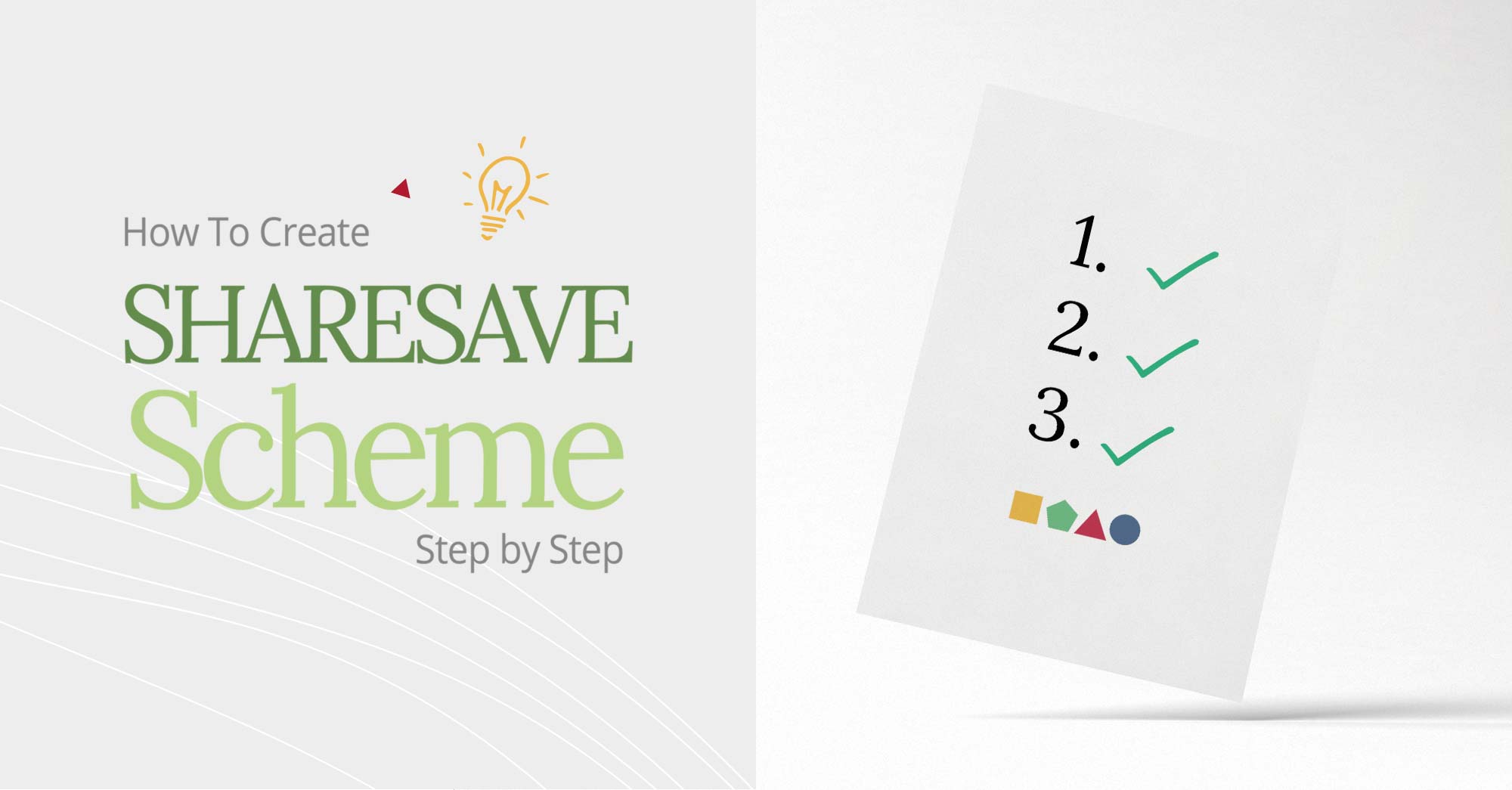What is a Share Incentive Plan (SIP)?
In Ireland, we’ve Approved Profit Sharing Schemes (APSS) that give an employee shares in the company without paying income tax on shares up to the maximum value (providing the scheme meets the required conditions).
In the UK, a share incentive plan (SIP) is one of the two all-employee UK tax-advantaged share plans introduced in 2000, providing employers with an easy and flexible way to offer shares in the company to their employees.
4 types of SIP shares
A share incentive plan works by keeping the shares awarded in a trust for employees until they either leave the job or decide to take the shares from the plan.
If you, as an employer, decide to set up a SIP, you can choose to offer your employees one or a combination of 4 ways to get the share:
- Free shares
- Partnership shares
- Matching shares
- Dividend shares
SIP tax rules
Although these 4 SIP share types have different definitions, their tax consequences are similar. Let’s see how the tax on share incentive plans works for these four types.
A. Free Shares
You can annually give each employee free shares worth up to £3,600. All of your employees should either receive the same number of shares or should be allocated depending on remuneration, length of service or hours worked.
Tax situations:
- Leave within 3 years after receiving shares:
They will be obliged to pay income tax on the market value of the free shares at the exit date. - Leave between 3 and 5 years after receiving shares:
They will pay income tax on the lesser of
– The market value of the free shares when they received;
– The market value at the exit date. - Leave after 5 years after receiving shares:
No income tax or NICs is chargeable on the value of the free shares when they take shares from the plan after 5 years from the grant date.
B. Partnership Shares
You can invite employees to buy partnership shares via deductions from salary pre-tax and NIC. They can use up to £1,800 or 10% of their salary each year – whichever is less to buy shares.
Tax situations:
- Leave within 3 years after receiving shares:
They will be obliged to pay income tax and NIC on the market value of the partnership shares at the exit date. - Leave between 3 and 5 years after receiving shares:
They will pay income tax on the lesser of
– The salary you used to buy the partnership shares;
– The market value at the exit date. - Leave after 5 years after receiving shares:
No income tax or NICs is chargeable.
C. Matching Shares
Where employees acquire partnership shares, you can give them further shares at a ratio of up to 2:1 for each share acquired, i.e. Up to 2 matching shares may be provided free for each partnership share they have bought.
Tax situations: The same as the Free Shares
D. Dividend Shares
Your employees as a shareholder may be paid dividends on their free/partnership/matching shares. If so, you may allow them to use those dividends to buy more shares. These are dividend shares. They can use up to £1,500 of plan dividends in this way in any tax year.
Tax situations:
- Leave within 3 years after receiving shares:
They will be obliged to pay income tax on the amount of the cash dividend originally used to acquire the dividend shares, at the prevailing dividend rate at the exit date. - Leave between 3 and 5 years after receiving shares:
No income tax or NICs is chargeable - Leave after 5 years after receiving shares:
No income tax or NICs is chargeable.
Are share incentive plans worth it for employers?
Enjoy huge SIP tax benefits:
You’ll get corporation tax relief for launching and operating the share scheme. Also, there will be no employer’s NIC or Apprenticeship Levy charges you to pay.
Retain staff & attract talent:
SIP is an effective scheme for staff retention as we all want to reduce the tax burden. By staying in the company for at least 5 years, no income tax or NIC is chargeable on the shares. All the benefits we listed in the previous section would also help with hiring.
Improve productiveness:
Employees are more motivated to work as their investment is based upon the performance of the company
Are share incentive plans worth it for employees?
Enjoy huge SIP tax benefits:
As we can see from the tax situations above, no income tax or NIC is chargeable when shares are awarded to or acquired by participating employees. If the shares are held for at least five years, participants will receive tax benefits – no Income tax or national insurance (NIC) at exit.
Also, capital gain tax is not chargeable on the increase in value of the shares whilst the shares remain in the SIP trust.
Employees who take their shares out of the SIP trust within 5 years because they are leaving the company for a ‘good leaver’ reason will pay no income tax or NIC on their shares.
Reduce tax via pre-tax contributions:
If Partnership Shares are included in the SIP scheme, the deductions from participants’ salary come from their pre-tax earnings, meaning that staff does not have to pay income tax or national insurance on their share purchase as the funds are taken from salary before tax.
It reduces their income tax burden for the current year, especially for those in a higher-rate tax band.
But.. there’re risks..
Share Incentive Plans do involve risks because the participants who receive shares at the end of the plan cannot simply take their savings pot back like a SAYE scheme.
Here at Global Shares, we know the most important advice for companies looking to launch their own SIP or any type of employee share scheme because we’ve helped so many to do it – let us help you bring out the best in your plan.
If you want to learn more about SIPs, head over to our SIP UK guide or give our team a call to see what our award-winning equity compensation software and support can do for you.
Please Note: This publication contains general information only and Global Shares is not, through this article, issuing any advice, be it legal, financial, tax-related, business-related, professional or other. The Global Shares Academy is not a substitute for professional advice and should not be used as such. Global Shares does not assume any liability for reliance on the information provided herein.








